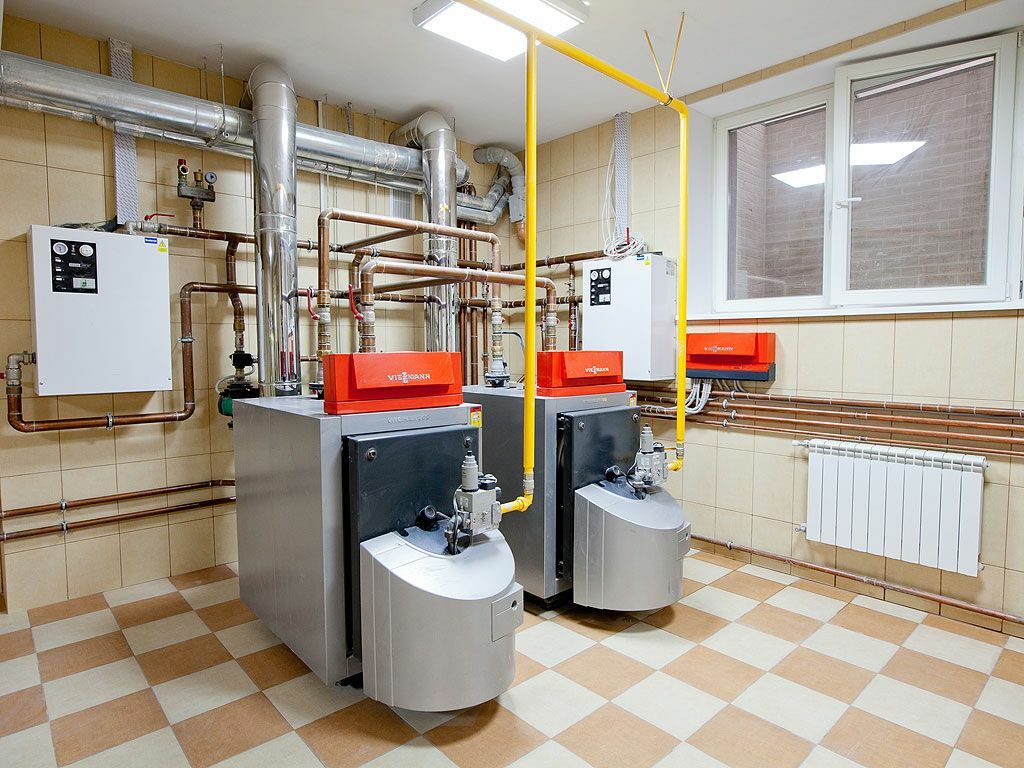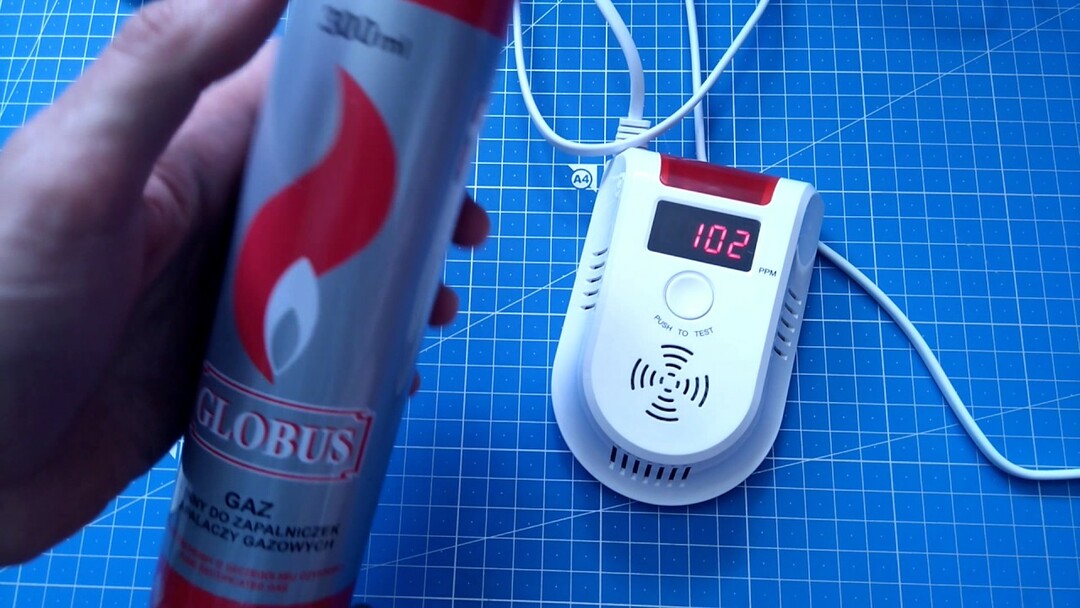Imagine this situation - you touch pipes or gas appliances and get a small electric pinch. If you have already encountered such a problem, then you probably wondered how and why the gas pipe shocks, even if the electrician is fully operational?
Let's deal with this issue in detail and clarify all the nuances of this strange and alarming, at first glance, phenomenon.
The content of the article:
-
Causes of stress in pipes
- Neighbors steal electricity
- Self-made grounding not according to the rules of the PUE
- Electrical devices are defective
- Shorting wires to pipes
- Stray currents in a gas pipeline
- Why are conductive pipes dangerous?
- How to protect pipes from current?
- Conclusions and useful video on the topic
Causes of stress in pipes
It's just that pipes cannot be electrocuted. In order for them to "pinch" there must be reasons.
Among the possible:
- theft by neighbors of electricity;
- self-made grounding not according to the rules of the PUE;
- malfunction of devices that consume current;
- poor grounding contact or lack of it;
- punched wiring.
At first glance, the tingling is insignificant and does not create any particular inconvenience. However, everything is not as simple as it seems, and therefore it is worth examining each reason in more detail.
Neighbors steal electricity
Everyone in the house has an electricity meter, and there are 4 contacts in it:
- the phase that comes from the substation;
- phase output from the counter;
- zero per substation;
- zero from the meter to the wiring.
When neighbors try to steal electricity, they throw a neutral wire from the consumer onto the pipes, while ignoring the zero wire from the meter.
Let's try to explain in more detail.
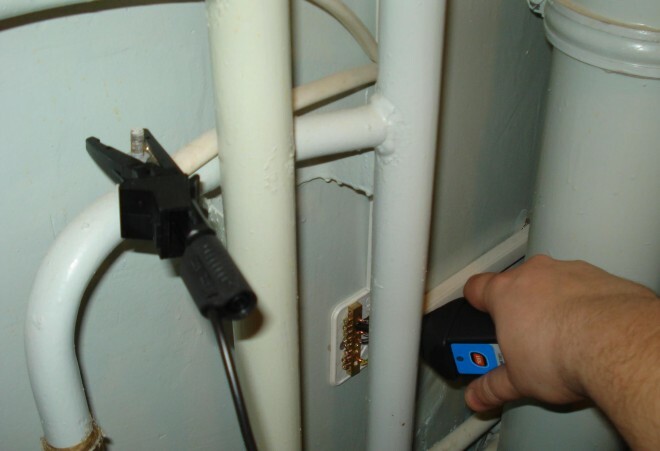
In October 2019, a heating battery suddenly sparkled in a Krasnoyarsk apartment and a curtain flashed. The specialists who arrived at the scene concluded that this was the fault of the neighbors, who wanted to save money on paying bills and who were grounded through the common building riser
Electricity tariffs do not please consumers. Especially in the cold season, when people connect heaters and other devices that help to raise the temperature in a house or apartment.
When current enters the house, it runs in phase and then returns through zero to the power plant. So that the return does not go anywhere and is not counted on the meter, consumers create their own zero, connect it to electrical appliances. And in order for the unaccounted current to exit, it is grounded to pipes of various utilities, including heating.
Accordingly, an electrical potential arises on the heating pipes.
Imagine that at this moment a person took hold of a powered pipe and, accordingly, the current flowed along the path of least resistance, that is, there is no potential equalization through it. It is not known for sure whether he can kill a person at this moment. It depends on many factors. In any case, it is dangerous and extremely unpleasant.
In the event of such a "good neighborly" connection, you must immediately contact the power supply organization, invite them to your house or apartment for measurements and search for the culprit. It will not look like slander, because your life and health depend on it.
Self-made grounding not according to the rules of the PUE
The instructions for each electrical device have grounding requirements. And if in a private house you can make grounding by looking at the instructions from the YouTube channel, then with multi-storey buildings it is more and more difficult.
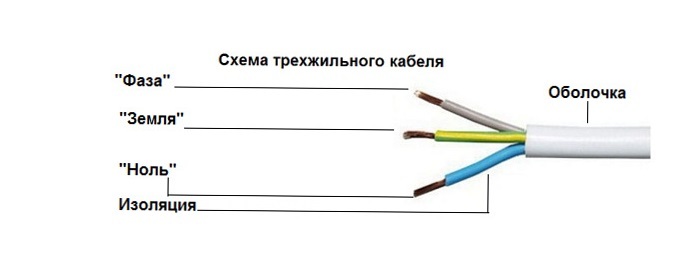
In old houses, the wiring system is still two-core, that is, it is a phase and zero. During the renovation of their apartment, the owners make the internal equipment more modern - three-core, that is, with a grounding cable
Many owners of houses with old electrical wiring ground their equipment, modern household appliances, on pipes. In the event of a phase breakdown, it will fall on them and thus, they will be energized.
The owner of a house or apartment himself, as well as his neighbors, when connected to a common riser in an apartment building, will be in serious danger, especially if other devices are also grounded on pipes.
Grounding on utility pipes is not a normal practice. If this happens to you, immediately get rid of it and create a quality "earth".
Electrical devices are defective
Devices connected to gas-using equipment can also be electrically dependent. These are illumination, piezo ignition, automation and so on. If your device does not have grounding, then in the event of a malfunction, it can start punching on the lines connected to it. In this case, the pipeline.
Accordingly, an electric shock occurs when a person touches the pipe. Again, according to the principle of passing through the least resistance.
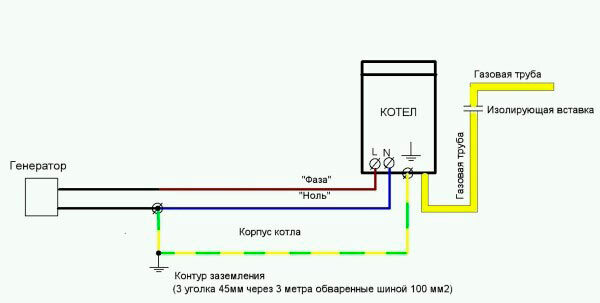
Gas appliances must be grounded in accordance with all the rules of the PUE and not only because of the danger of electric shock, but also because of the risk of ignition
In apartments, electricity can flow through neighboring pipelines.
Usually, devices with such problems seem to hum and vibrate slightly in the hands or when touched. In general, faulty equipment is usually immediately visible and so that no problems arise with it, it is necessary to immediately repair it, and, of course, make high-quality grounding.
Shorting wires to pipes
So, it seems that the neighbors or you have everything done according to the rules. But when you touch the pipes, you still get an electric shock. How can this happen?
As a rule, this is possible in the absence of RCD, when for some reason the counter machine does not knock out.
This can be when:
- grounding problems (improperly done or there is a violation of contacts);
- when a phase closes to ground.
As a rule, if the phase touches any conductor in the wall, your voltage will go through all devices and, which is important, can go into pipes communicating with the conductor, including heating pipes. And in this case, they can be electrocuted.
Stray currents in a gas pipeline
Have you ever heard the phrase "wandering current"? For those who are not in the know, this is a process in which the movement of charged particles occurs in a conductor.
The potential difference and the connected conductor are shown to generate the standard current. But it so happens that for some reason, the conductor is the earth or the metal placed in the ground. That is, in our case, gas pipes.
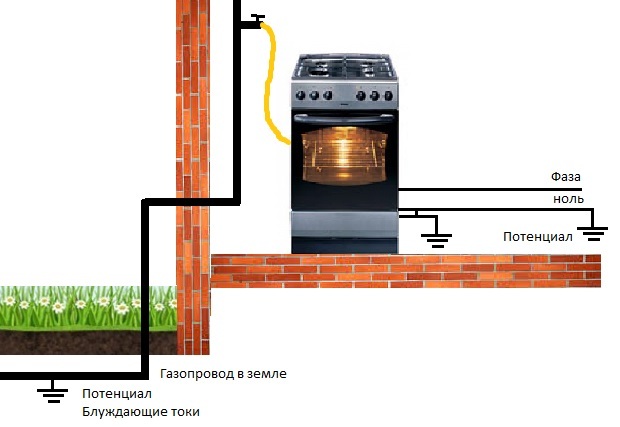
As protection against stray currents for gas-powered equipment, a dielectric insert should be installed immediately after the shut-off valve. And its presence, by the way, is mandatory, according to SP 402.1325800.2018
By the way, this is not the whole danger of stray currents. Because of them, electrochemical corrosion occurs, which destroys the pipes.
Why are conductive pipes dangerous?
Even a small voltage (from 42 Volts) can kill a person, depending on many factors, including:
- Painful condition.
- Diseases of the heart and blood vessels.
- Alcoholic intoxication.
- Factors that enhance the conductivity.
It is difficult to say with certainty what the electric shock will lead to - from a minor pinch to death.
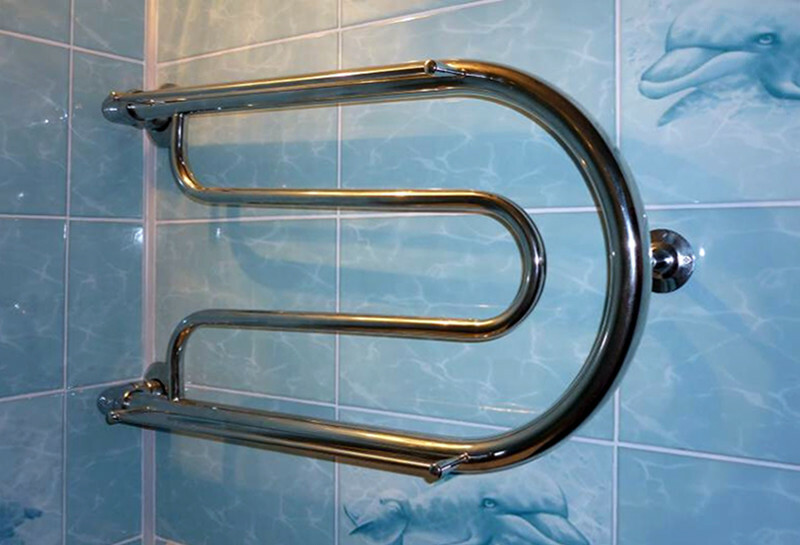
Not only in the case of gas pipes, but also with any other pipes, wires that fall on them are dangerous. During repairs in one of the apartments, a man made contact with bare wires with a pipeline. When he touched the heated towel rail, he was instantly killed by an electric shock. A sad fate awaited the neighbor, who came running to help and tried to save the owner of the apartment. Water from a device torn off when a man fell, turned out to be an ill-fated conductor of electric current
In addition, let's not forget that electric current and gas are still a negative combination, which, under an unfavorable combination of circumstances, can provide a fire or explosion.
How to protect pipes from current?
If the gas pipe beats with current strongly or slightly, then the first thing to do in this situation is to immediately find the source of the problem and eliminate all malfunctions.
For this:
- Turn off the power in the house or apartment.
- Inspect all your gas-using equipment connected to power grids for breakdowns, if a defect is found, fix it.
- If the house was bought or rented recently, inspect the pipes for incomprehensible connections - this should have been done at the time of purchase.
- Make and check grounding from each device, if you yourself cannot do this, invite an electrician.
- Conduct visual diagnostics of existing grounding.
- If standard grounding is not possible, portable grounding rods (also called portable busbars) are installed.
- As protection against stray currents for gas-powered equipment, it should be installed immediately after the shut-off valve dielectric insert. And its presence, by the way, is mandatory, according to SP 402.1325800.2018.
And, of course, be sure to invite a specialist from the power supply organization to look for a possible problem, if you yourself do not have sufficient experience and knowledge in electrical engineering.
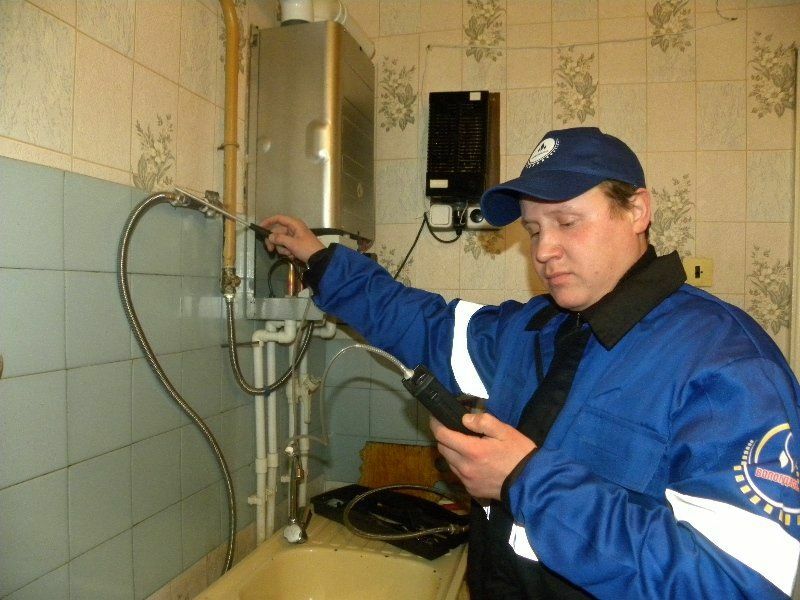
It is imperative that if you notice a current in the heating batteries, you should also call the gas service to check the safety of the equipment.
For residents of apartment buildings, it is not necessary to contact the supplier directly.
You can call or appear in advance at the Criminal Code and declare your problem.
Conclusions and useful video on the topic
Video. Is the heating battery grounded? Do not repeat, it is dangerous:
Heating pipes in a house or apartment often give their owners a "surprise" in the form of electric current discharges. You should not joke with your life, and even more so, refuse the visit of a specialist who will search for faults and eliminate them.
Have you ever been electrocuted from gas pipes? How did you solve the problem? Share your experience in the comments and ask your questions on the topic of the article.

